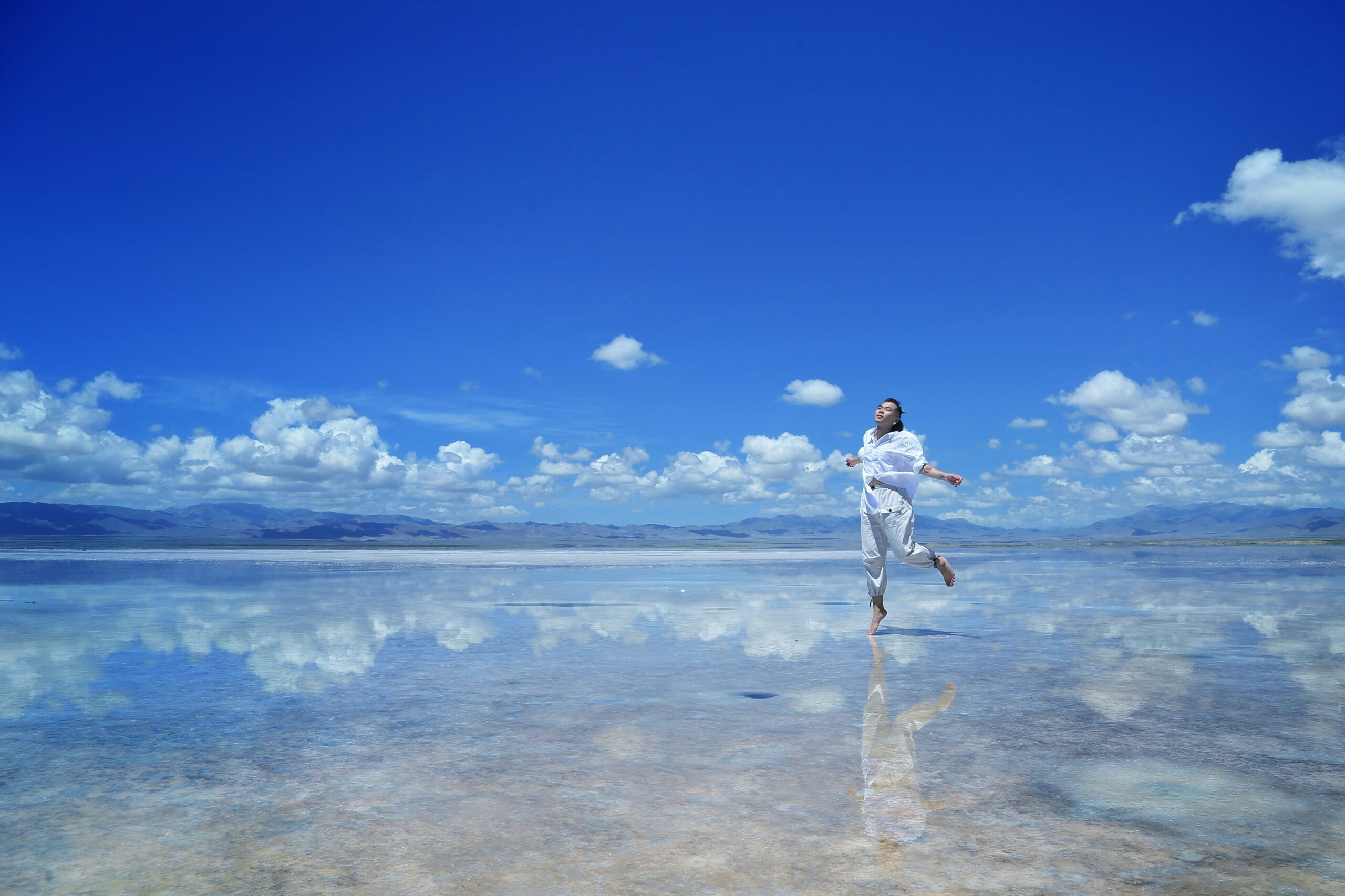Testosterone too low? Hormones and Histamine

Low testosterone (T) can show up in lab work regardless of sex and age. Symptoms include low energy, low libido, loss of muscle mass, mood changes and brain fog. This hormone plays an important role in tissue growth and repair as well as immune modulation. It inhibits adipose tissue while regulating energy metabolism and cardiovascular health.
Causes of Low Testosterone
Hypothyroidism can lead to other hormonal issues including low testosterone.
Traumatic brain injury (TBI) can lead to hormone issues. This shows up when TBI’s don’t resolve within 6 months.
Zinc deficiency from gut issues and malabsorption is another cause.
Stress overload and sleep deficiency deplete testosterone. These can be lead to weight gain, another cause of low T.
Environmental exposure or exposure to medications like opioids and steroids also disrupt hormones.
Hormones & Young People
A study of young males showed that obesity led to a 50% drop in testosterone. Later in life sexual function and fertility can significantly affected by this. Testosterone normally begins declining after the age of 20 but with this early loss it can be difficult to recover without intervention.
Cutting back on sleep reduces healthy testosterone levels according to a study published by the Journal of the American Medical Association (JAMA) 2011. The effects of sleep loss were apparent after just one week of short sleep. Five hours of sleep decreased levels of by 10 percent to 15 percent. Just one night of poor sleep increases inflammation.
College age people require as much sleep as babies because of the speed at which they are developing. With the onset of the digital world many young people have their nighttime rest interrupted frequently by texts and notifications. This impairs hormone and cognitive health.
Movement
Given that high stress and less sleep are the number one cause of hormonal imbalance for most people, regular movement is the first intervention. It helps us sleep more deeply while releasing excess stress.
A study published in 1999 examined how heavy resistance training in young men (23 – 35 years old) and older men (58 – 65 years old) affected their testosterone levels. In both the younger and older groups, there was a statistically significant increase in testosterone levels after exercise.
Strength training in middle – aged men (44 – 48 years old) caused an increase in their levels of free testosterone. Regular high-intensity exercise has been shown in multiple studies to contribute to keeping a man’s testosterone at optimal levels.
Nutrition
Fuel the body in a way that protects hormone health. You will also avoid cardiometabolic disease later in life:
1. Maintain high muscle mass by eating enough protein. This will decrease visceral fat.
2. Balance blood sugar. A CGM (continuous glucose monitor) can help you see how you respond to different foods.
3. Support mitochondrial function with a good B complex.
4. Optimize vitamin D, A, C and E along with selenium. Remember A, D and E are fat soluble. Selenium from food is safest.
5. Ensure your food has lots of color and is high in antioxidants. Phytonutrients play an important role in hormone health.
Labs & Therapies
A complete work-up includes testosterone, sex hormone binding, and prostate specific antigen can be requested. Include LH, prolactin and FSH along with estradiol, DHEA-S and DHT. A complete blood count with ferritin is also standard.
Three therapies & two botanicals:
Testosterone Replacement Therapy (TRT) can suppress endogenous production.
HCG (Human chorionic gonadotropin) is a LH analog that is expensive and off-label for men.
Clomiphene Citrate is a selective estrogen receptor modulator that increases LH & FSH. It is less expensive and is safer.
Interestingly botanicals like ashwagandha and macuna have more evidence than maca for improving serum T concentrations.
Histamine & Testosterone
Studies show that injecting testosterone can reduce histamine. Many people suffer from mast cell activation syndrome or histamine intolerance. This can be triggered by environmental allergies or be exercise induced. I have seen several patients this past year who have benefitted from hormone balancing when there is excess histamine.
Related Posts
 How NAC Supports Women’s Health
How NAC Supports Women’s Health





